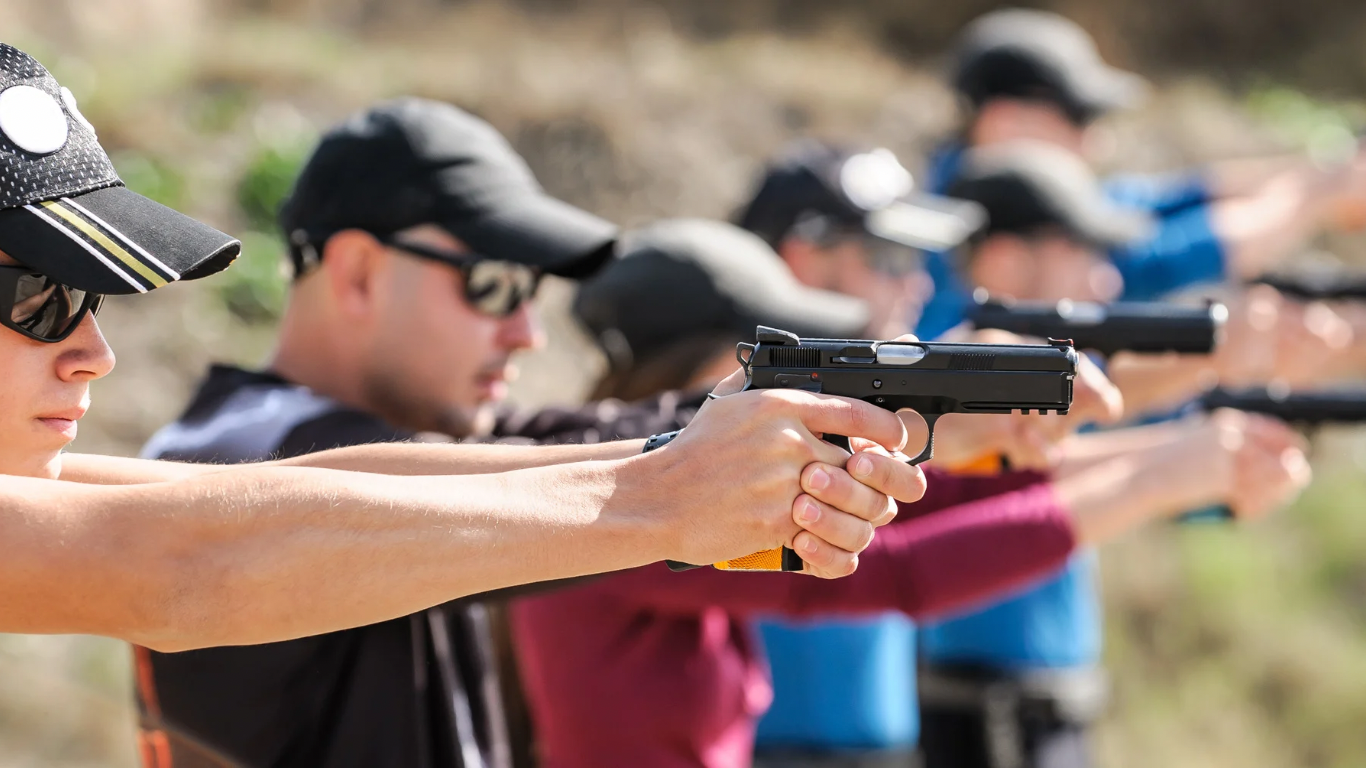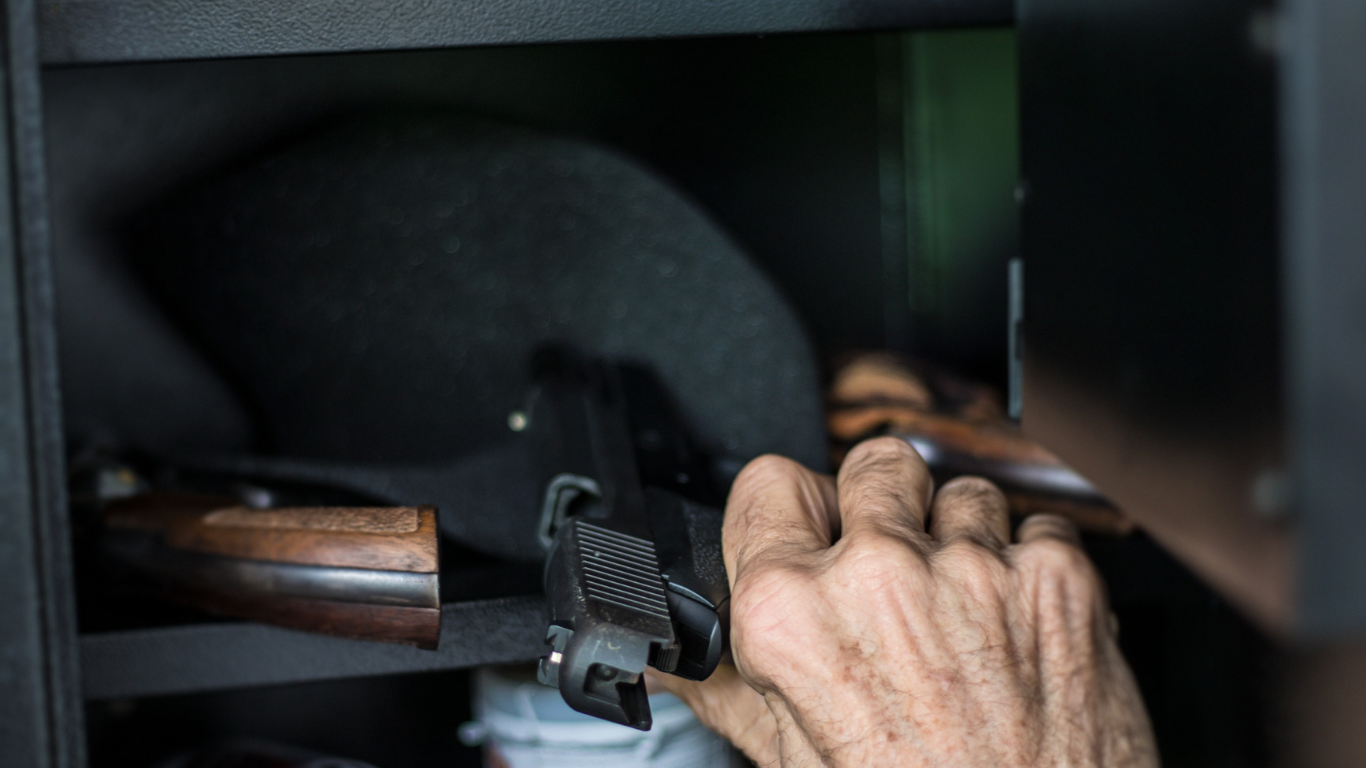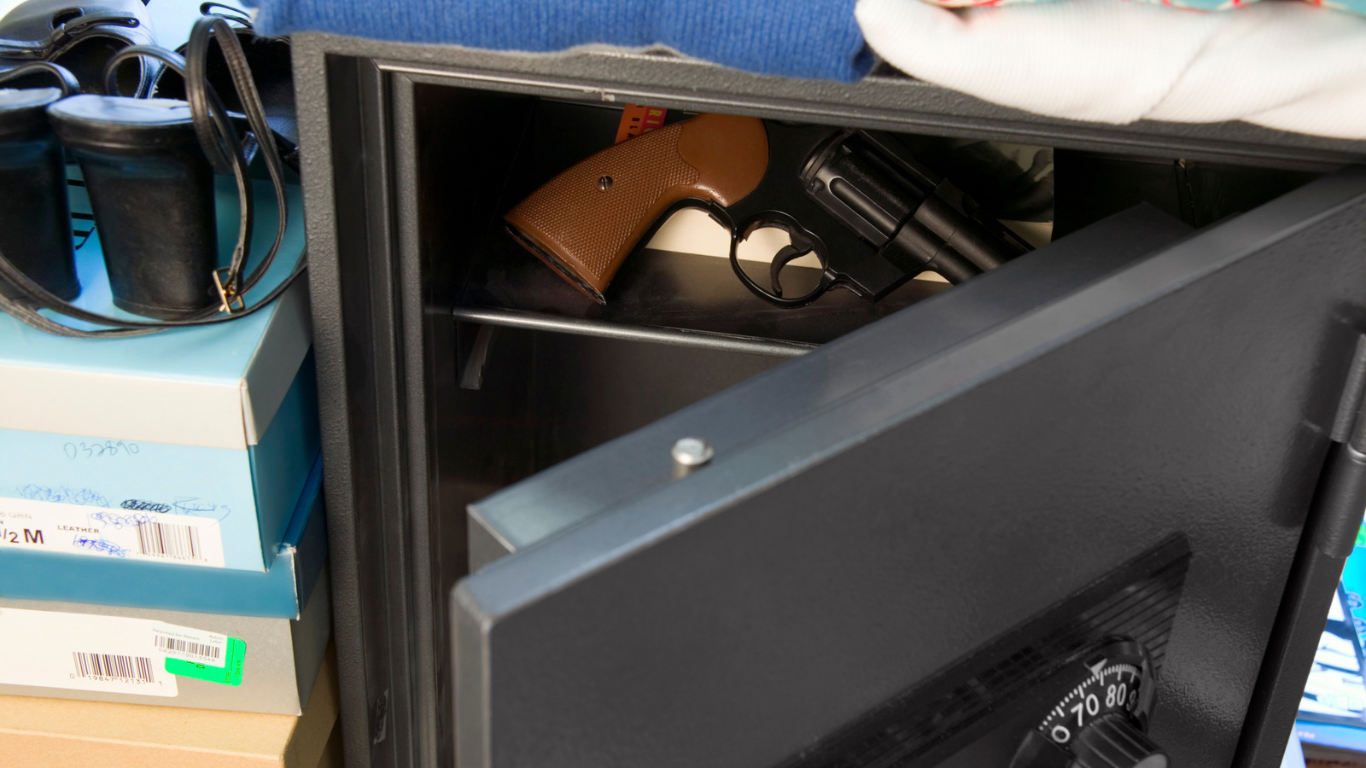Firearms have a long history and serve various purposes, including hunting and self-defense. However, it’s crucial to acknowledge the potential dangers they pose if mishandled. Therefore, acquiring knowledge about gun safety is paramount before owning a firearm. Whether you’re a novice or have been around guns your whole life, this comprehensive guide will equip you with the necessary skills to handle firearms safely and responsibly.
Understanding the Fundamentals of Gun Safety
The cornerstone of gun safety is treating any firearm as if it’s loaded, even if you’re confident it’s not. Every time you handle a gun, ensure to inspect the chamber, magazine, and feed ramp to confirm it’s free of ammunition. Additionally, develop a habit of pointing the gun in a safe direction, preferably downrange, and refrain from placing your finger on the trigger until you’re ready to shoot.
Secure Storage of Firearms
Properly storing guns is vital to prevent accidents and unauthorized access. Consider investing in lockable gun safes or installing gun locks to eliminate the risk of accidental discharge. It’s crucial to store ammunition separately from firearms, utilizing secure containers designated for this purpose.
Selecting the Appropriate Firearm
Choosing the right firearm depends on its intended purpose. For instance, a handgun may be ideal for home defense, while a shotgun is suitable for hunting. Before purchasing any firearm, ensure it feels comfortable in your hand by handling it. Moreover, seek guidance from certified gun dealers who can provide you with accurate information and advice.
Obtaining a Carry License
If you plan to carry your firearm outside of your home, it’s essential to obtain the necessary licenses legally. Keep in mind that each state has its laws and requirements regarding licensing and training. Conduct thorough research before applying for a carry license and ensure you receive appropriate training before carrying your firearm.
Enroll in Gun Safety Training
Enrolling in gun safety classes is highly recommended. Qualified instructors can provide hands-on experience, valuable safety tips, and techniques that go beyond what books or videos can offer. Consider organizations like the National Rifle Association (NRA) which provide comprehensive programs for both beginners and advanced shooters.
Conclusion
In conclusion, owning a firearm entails immense responsibility. Take the time to familiarize yourself with various aspects of gun safety, including handling, storage, firearm selection, licensing, and training. By adhering to these fundamental principles, we can minimize gun-related accidents and protect lives. Remember, practice, discipline, and education are the keys to responsible gun ownership.






